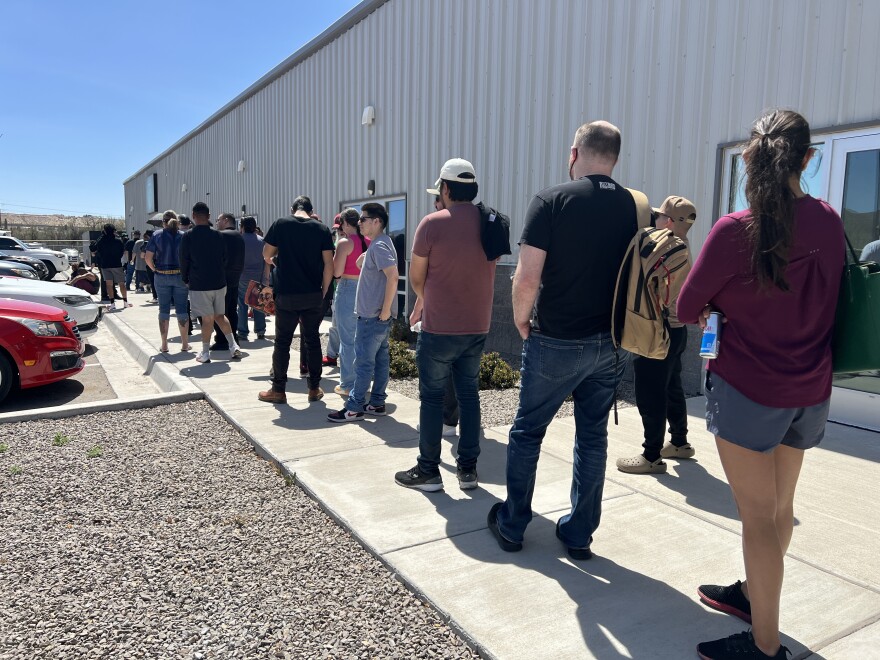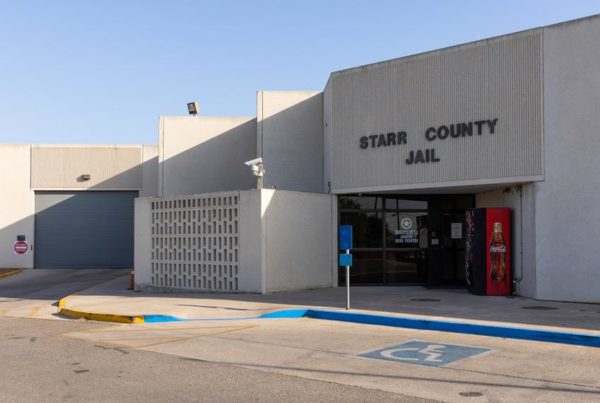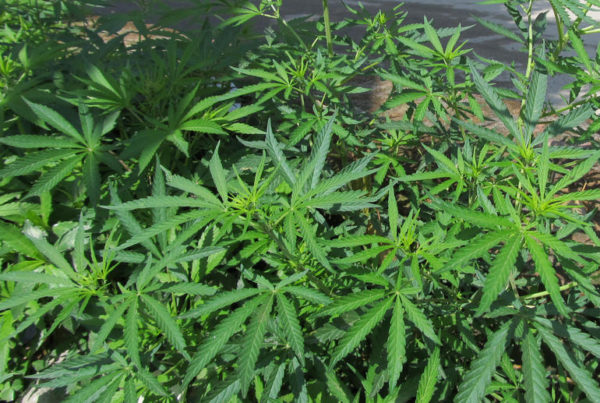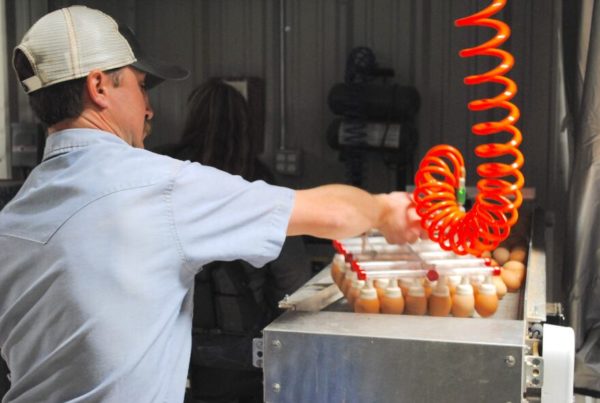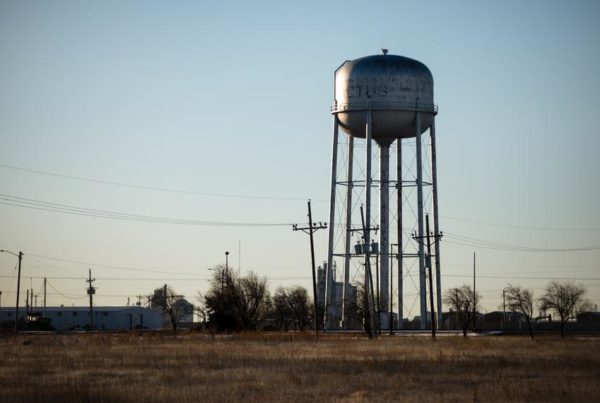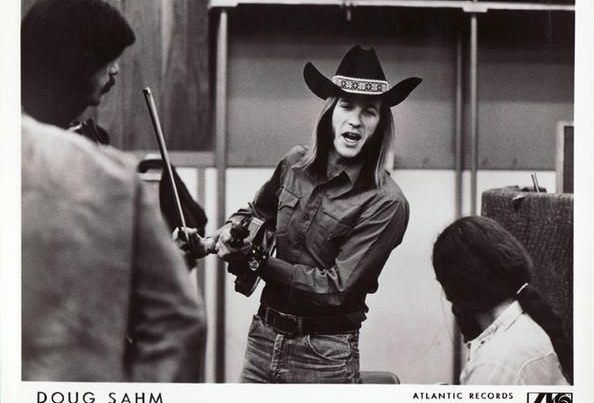From KTEP:
New Mexico dispensaries have seen sales soar during the first week the state allowed recreational marijuana and businesses near the Texas state line are among those benefiting the most.
“We are happy to welcome visitors from Texas and around the country to come to our state to enjoy great cannabis products,” said Heather Brewer, spokesperson for New Mexico’s Cannabis Control Division which licenses and regulates marijuana in the state.
Many of those buying recreational marijuana at dispensaries just over the state line on April 1 when sales began were from Texas. Adults 21 and older can buy up to two ounces of marijuana or other products, including edibles.
In Sunland Park, nearly all of those in line on April first were from El Paso. El Pasoan Damian Marufo, 37, waited more than three hours outside Pecos Valley Production to be among the first to buy legal marijuana.
“You look at the line and you look at the taxes, and you’re like just legalize it,” he said referring to his home state of Texas, where recreational marijuana is illegal. Texas remains the outlier among southwest border states. All now allow both medical and recreational use marijuana.
New Mexico sold more than $9.9 million worth of marijuana in the first week recreational marijuana was legal, according to the New Mexico Cannabis Control Division. About 61% was classified as “adult use,” or recreational, while the rest was medical cannabis. New Mexico mandates a third of the marijuana supply be set aside for patients in the medical program. Medical marijuana has been legal in the state since 2007.
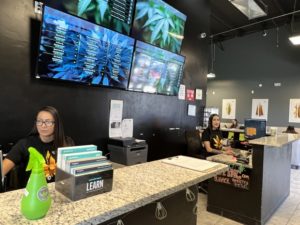
Pecos Valley Production, a new marijuana dispensary in Sunland Park sells a variety of cannabis products including edibles. It’s among new businesses licensed by the state of New Mexico to sell recreational marijuana.
Angela Kocherga / KTEP News
Dispensaries in tiny Sunland Park made $259,332 from recreational products alone from April 1-7. Las Cruces, just 40 miles down Interstate 10 from El Paso made $530,410 in recreational sales.
Ruidoso, a popular weekend getaway for El Pasoans and other Texans earned $150,870 in recreational sales, while Carlsbad, known by tourists for its caverns, sold $255,049 worth of recreational Cannabis products. Hobbs, in southeast New Mexico, just four miles from Texas made $338,992.
Most of the new dispensaries are clustered near the state line. The New Mexico legislature legalized recreational marijuana in 2021 as a tool for economic development attracting investment and tourists. More dispensaries are set to open their doors in the coming weeks.
In Anthony, New Mexico, a green sign with a marijuana leaf is walking distance from the state line. Several people driving past from Texas slowed down to look on April 2, a day after New Mexico legalized recreational marijuana. A few stopped before realizing the dispensary was not open yet.
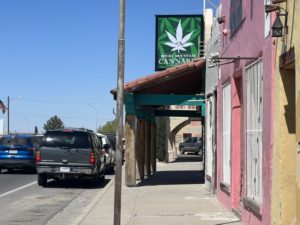
Rocky Mountain Cannabis, new marijuana dispensary, is located in Anthony, New Mexico just a few steps from the Texas stateline.
Angela Kocherga / KTEP News
“I’m excited about New Mexico being legalized,” said Mayra Villela, 40, who declined to say where she lives. She wanted to buy some recreational marijuana but then noticed the “opening soon” sign on the front of the dispensary building.
“They say there’s another one down the street so I’m going to try it out,” Villela said.
In Anthony, the differences in state laws are stark. The state line cuts right through the community. In New Mexico marijuana is as part of an economic development plan. In Texas cannabis is an illegal drug. Anthony Texas, population about 5,000. Anthony, New Mexico, home to just over 9,000 residents.
“I think we’re going to have more tourism being that we’re the gateway coming into New Mexico,” said Diana Murillo, mayor of the city of Anthony, New Mexico.
Three dispensaries have licenses in Anthony according to the mayor and she expects a fourth to apply for a license soon.
“We welcome any cannabis business to come in and conduct business in Anthony,” Murillo said. She views recreational marijuana as a way to spur economic development and attract investment in the city. She did not know the amount local governments would get from the 12% tax on recreational marijuana but did not expect to see much of that money.
The once hardscrabble farming community named for Saint Anthony is growing. The old part of town is filled with humble homes, but there are also new housing developments for commuters who work in El Paso or Las Cruces. Several buildings in the center of town are being renovated, including one that houses Rocky Mountain Cannabis, which has not yet opened.
“I’m pretty sure it’s going to make a boom in the area,” said Pedro Delgado, who owns a business that rents sound equipment.
Delgado was setting up a sound system for a Norteño band playing at a bar on the Texas side of the street on April 2. The bar is just a few doors down from Rocky Mountain Cannabis.
“Since we’re in the entertainment industry, I’m pretty sure it’s going to help out the area and us as well,” Delgado said.
Area restaurants could also see more customers.
But knowing where New Mexico ends and Texas begins can be confusing. Beyond the one sign in town, it’s hard to tell. Even residents at a yard sale on a recent Saturday debated whether the state line started just across the street before agreeing the arroyo was the likely dividing line.
“Good luck to visitors when they come,” said Maria Palma, an Anthony, New Mexico resident. “They’re going to get into trouble,” Palma said with a chuckle.
Some are running into trouble now with the law in Texas.
“It’s an eye opener for a lot that don’t know they’re in Texas,” said Lt. Osvaldo Gomez with the Anthony Texas Police Department.
The police department’s four officers are starting to see more people driving into Texas by mistake with recreational marijuana.
“It’s difficult for us because we’re a small department. But at the same time, we’re not going to shy away from our work. If you possess any amount of marijuana in Texas, then we’re going to have to arrest you,” Gomez said.
In Texas possessing up to two ounces of marijuana is a misdemeanor punishable by up to 180 days in jail and a $2000 fine. On top of that there’s the cost of towing and impounding a vehicle. which Lt. Gomez calls an education in state marijuana laws that comes at a “hefty price.”
His advice for those visiting New Mexico’s new dispensaries in Anthony is: “be careful where you’re at because sometimes you don’t even know you’re already on the Texas side,” Gomez said. “It’s not like we have a marking on the street saying you’re in Texas now.”


